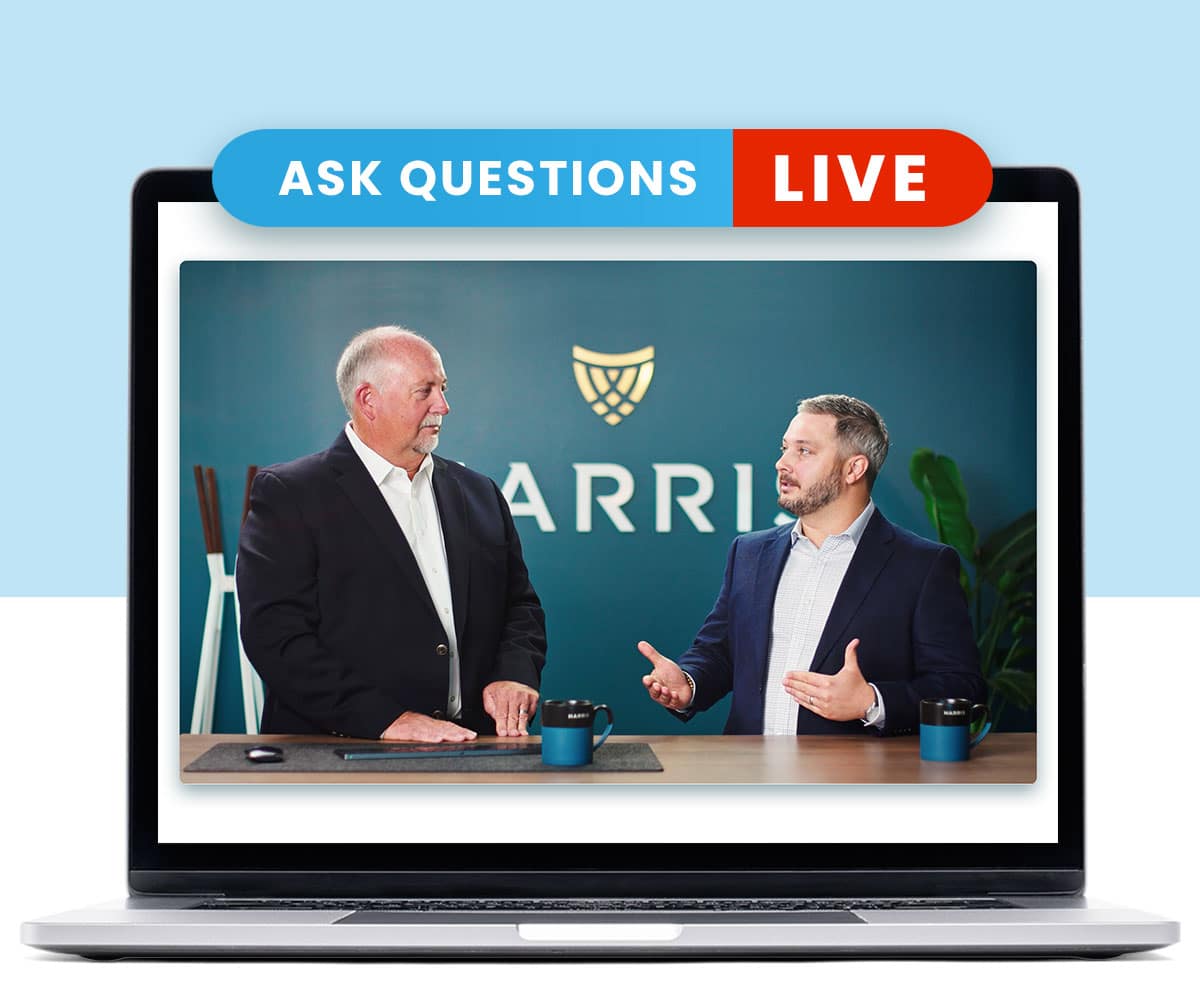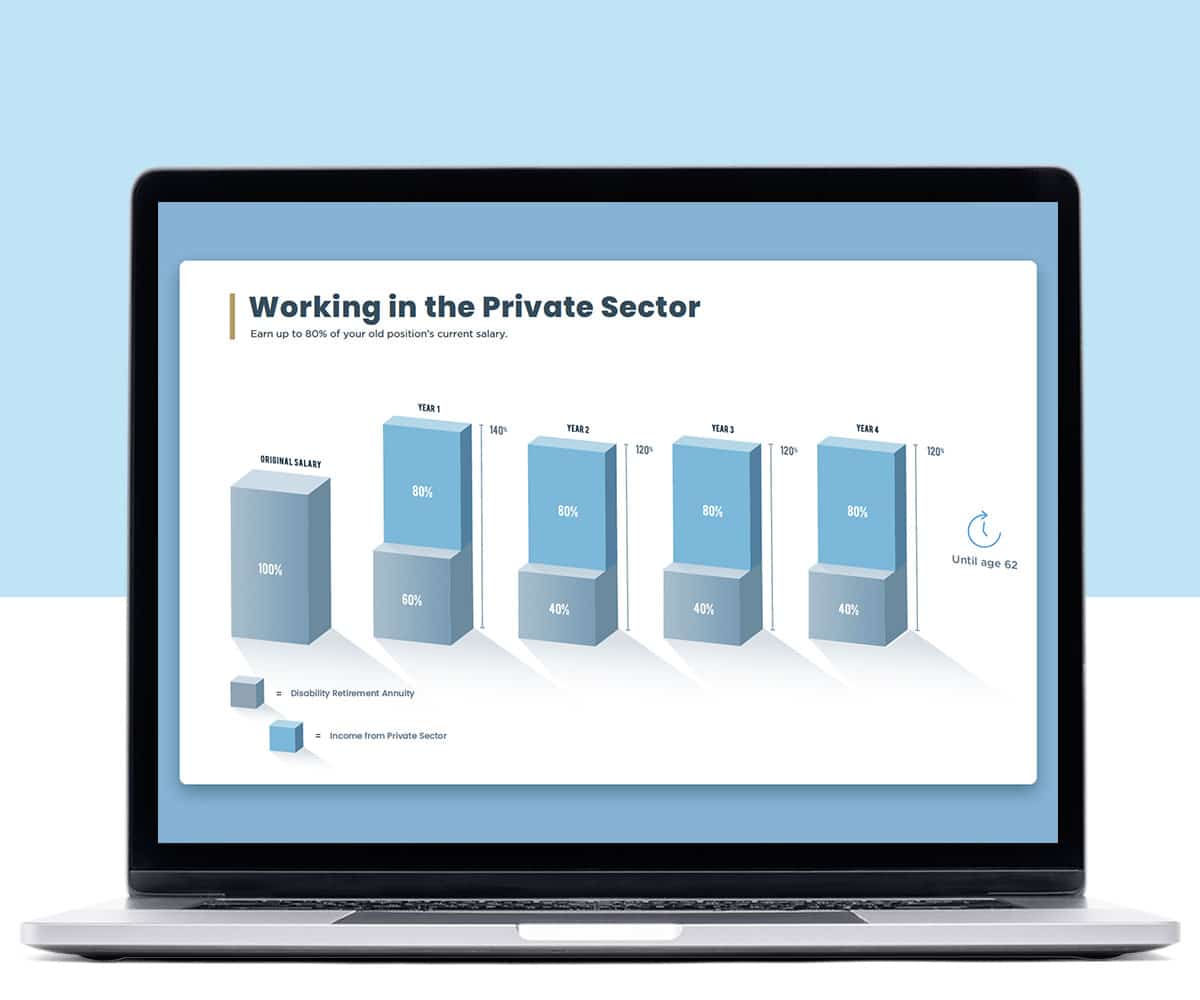
Several federal employees are saving money on their taxes simply by making smart choices with their FEHBP options. These choices include taking advantage of premium conversion benefits, where health insurance premiums are deducted on a pre-tax basis and participating in a flexible spending account.
Note—These benefits are only available to employees, not retirees.
Another way to save on taxes is to contribute tax-free dollars to a health savings account, which is available to both employees and retirees. HSA’s are like FSA’s in that money is set aside to pay for out of pocket health care expenses that are not subject to federal, state, FICA, or Medicare taxes.
However, HSA’s are different in many ways, such as:
- You can only contribute to an HSA if you are covered by a high deductible health plan and have no other health insurance coverage. This includes Medicare Parts A and B and Tricare. Also, you must not have accessed VA benefits in the last 90 days.
- HSA funds stay with you when you change plans, switch jobs, or retire. The money is yours.
- The balance in your HSA can continue to grow each year as more money is added to the account.
- After age 65, you can spend the money on anything, but if it’s not a healthcare expense, regular income tax will be due.
- The account earns tax-free interest.
- Funds can be invested outside of the HSA bank account in self-directed investment options to increase earnings potential.
There are limits on how much can be contributed annually to an HSA. For 2018, limits are set at $3,450 for individual, and $6,900 for family (including self + 1 option). Contributions can be made anytime throughout the year either by lump sum or periodic payments.
Tax Issues to be Aware Of
If you contribute above the annual limit, you can withdrawal the excess amount, and any earnings on it, before April 15 of the following year. Doing this will require you to pay a 6% income tax on your excess contributions and any earnings they generate.
If you decrease your max contribution, in the next year, by the amount of your excess contribution made the year before, you don’t have to pay the 6% excise tax again.
If you leave the excess contribution in and don’t decrease your max contribution by the amount of your excess contribution made the year before, you’ll have to pay the 6% excise tax every year the excess contributions and earnings are in your HSA account.
The tax benefit of an HSA is that you can receive tax-free distributions from your HSA to pay, or be reimbursed for, qualified medical expenses you incur after you establish the account. If you receive distributions for other reasons, the amount you withdrawal will be taxed as income and may be subject to an additional 20% tax.
When you establish an HSA account, you’ll need to file IRS Form 8889 with your tax return each year. It’s used to report HSA contributions, figure your HSA deduction, report distributions from your HSA, and compute amounts you must include in income and additional tax you owe.
HSA’s are valuable accounts to have if managed properly. However, not knowing the tax implications of these accounts can be costly if you’re not careful.


